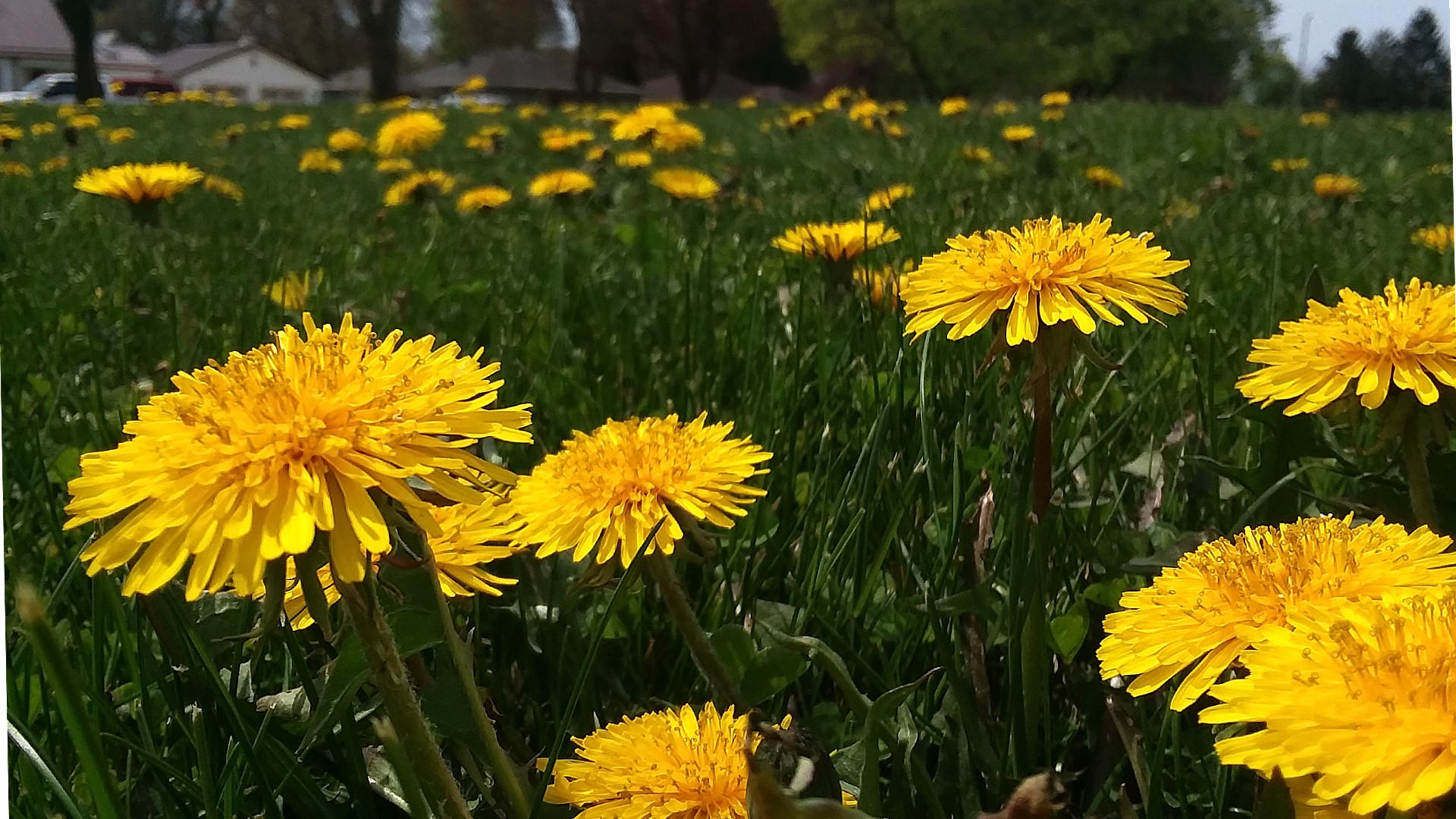KAUKAUNA — After joining the no-mow May movement a year ago, the city of Kaukauna will consider a resolution next week approving it for a second year.
The initiative would be voluntary for homeowners who choose to participate.
No Mow May is a conservation movement gaining traction across North America, according to the group, Bee City USA.
The goal of No Mow May is to allow grass to grow unmown for the month of May, creating habitat and forage for early season pollinators. This is particularly important in urban areas where floral resources are often limited.
Mayor Tony Penterman on Thursday said the item is up for discussion this coming Monday before the Board of Public Works and a resolution likely will be voted in at the common council meeting Tuesday.
The resolution adopted last year suspended enforcement of the city’s noxious weed ordinance for the month of May and allowed homeowners who choose to do so to delay lawn care practices until June.
This will allow pollinator species to emerge and early flowering grasses and plant groups called forbes to establish.
In addition to benefiting pollinators, reducing mowing frequency will save water, help lawns become more resilient to drought and reduce emissions from gas-powered lawn equipment that often lacks the emission reduction equipment found on larger engines, according to Bee City U.S.A.
Appleton in 2020 as the first city in the U.S. to adopt No Mow May and last week, the council made it permanent.
Last year, Kaukauna and Appleton were joined by De Pere, Fort Atkinson, Fox Crossing, Hortonville, Oshkosh, Stevens Point and Wausau.
But the movement is not without controversy.
One member of the Kaukauna Community News Facebook group said that while she had tried to participate in no-mow May, when she returned home one evening after work, her lawn had been cut by an unknown neighbor.
“Although normally I would think this a nice gesture im very disappointed that my choice was removed from me by a neighbor who just didn’t like my yard being un mowed,” she wrote.
Wisconsin’s efforts on the forefront of the movement where profiled late last month in the New York Times in an article entitled, “In Wisconsin: Stowing Mowers, Pleasing Bees”
The Board of Public works meets at 6 p.m. Monday and the Common Council meets at 7 p.m. Tuesday.
.
.



